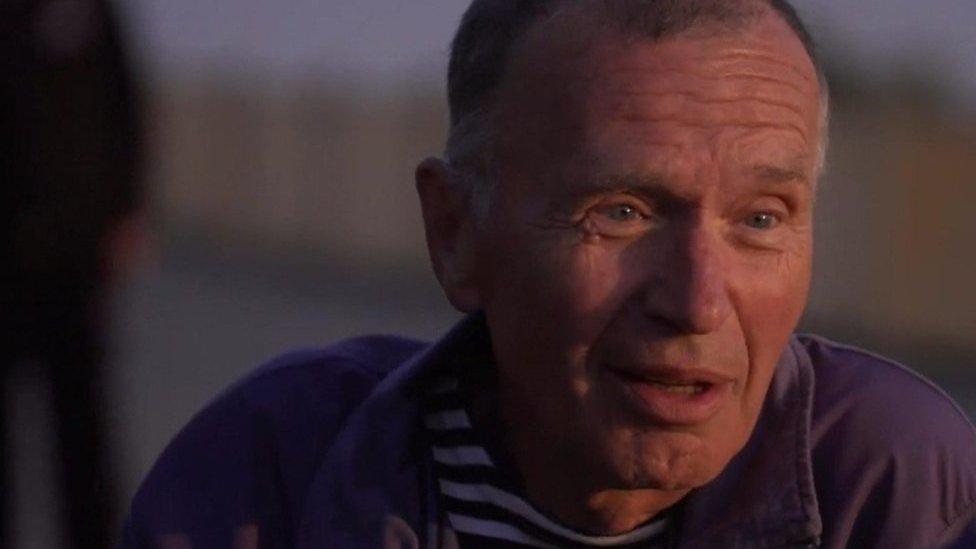Navalny 'Novichok poisoning' a test for the West
- Published
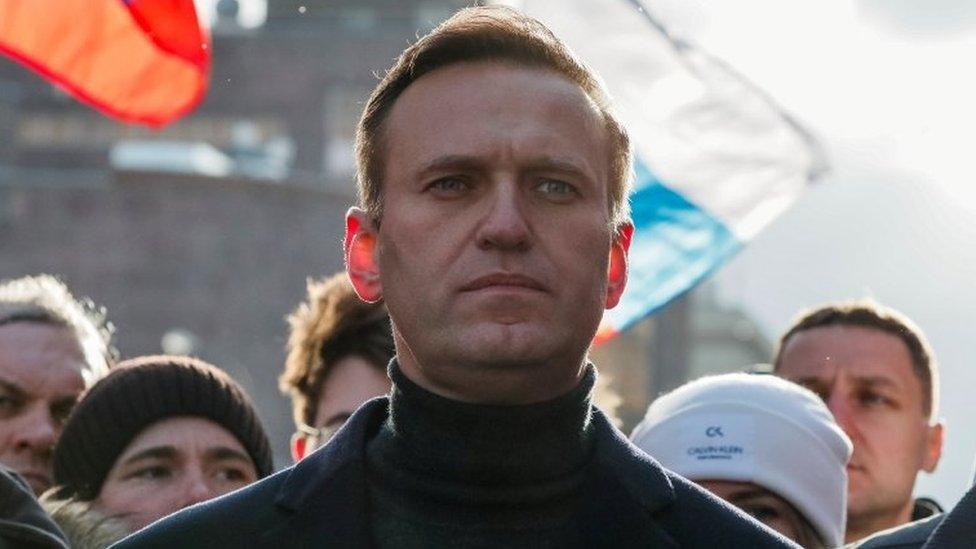
Alexei Navalny was flown to Berlin for treatment in August after falling ill
The German government's announcement on Wednesday that Russian opposition figure Alexei Navalny has been poisoned by a sophisticated nerve agent known as a Novichok makes this case even more serious than it already was.
Most importantly, it will increase suspicions that, despite its denials, the Russian state was behind his poisoning.
Novichok - meaning "newcomer" in Russian - applies to a group of synthetically produced nerve agents originally developed by the Soviet Union in a laboratory in Uzbekistan before the USSR disintegrated in 1991.
Western intelligence agencies believe that Novichok has since been refined into a hard-to-detect assassination weapon in covert techniques practised by operatives of the GRU, Russian military intelligence, including being smeared on to door handles.
Novichok can be deployed in both liquid and solid forms.
Two of those operatives were widely believed to have poisoned the Russian defector Sergei Skripal and his daughter in Salisbury in 2018 using Novichok. A local Wiltshire resident, Dawn Sturgess, subsequently died after handling the contents of the discarded perfume bottle used to disguise the nerve agent.
On the trail of Russians Alexander Petrov and Ruslan Boshirov, who UK police believe carried out a nerve agent attack in Salisbury in March 2018
Western governments reacted forcefully to this failed assassination attempt on British soil. In a co-ordinated move, 20 countries expelled more than a hundred Russian diplomats and spies, dealing a huge blow to Moscow's intelligence-gathering networks in the West.
Even covert agents in deep cover inside Britain, whom Moscow believed were operating undetected by MI5, the security service, were ordered to leave.
This was all in marked contrast to the mild British government response - since criticised - to the poisoning of former KGB officer and defector Alexander Litvinenko in 2006. After the agonising death in a London hospital by radioactive Polonium poisoning of this former Russian colonel, branded as a traitor by the Kremlin, an investigation dragged on for years while the two Russian suspects remained at large in Russia.
Critics believe the lack of a forceful response by the West encouraged hardliners in the Kremlin to sanction the targeting abroad of those considered traitors to the Russian state.
Alexei Navalny: 'Putin is the tsar of corruption'
Today, Alexei Navalny has no shortage of enemies. As a vigorous campaigner against corruption, he has amassed millions of young followers but also angered those people whose nefarious activities have been exposed in his popular videos. There are plenty of people both in government and in business circles who would like to see him removed from the public sphere.
But Novichok, unlike naturally occurring toxins that can be refined from natural products found in the countryside, is not something casually cooked up by amateurs. It is a military-grade chemical weapon that tends to point the finger of suspicion towards the Russian state.
Although Mr Navalny appeared to be poisoned on Russian soil, rather than in a Nato member country, Germany's Chancellor Angela Merkel said "there were now very serious questions which only the Russian government could and must answer".
UK Foreign Secretary Dominic Raab echoed that comment, saying that the Russian government had a clear case to answer about what happened to Mr Navalny. He said Britain would now work closely with Germany and other allies to show there were consequences for using banned chemical weapons. In Washington, the White House National Security Council issued a statement saying it would work with allies to hold those in Russia accountable.
The former British Army officer and chemical weapons expert, Hamish de Bretton-Gordon, has been warning for years that the unchecked use of chemical weapons against rebels and civilians alike in populated areas by the Bashar al-Assad regime in Syria sends a dangerous signal.
How governments now react to this latest use of a Novichok nerve agent against a public political figure will be influenced in part by the findings of the global chemical watchdog, the Organisation for the Prevention of Chemical Weapons, the OPCW.
The chairman of Britain's Parliamentary Defence Committee, Tobias Ellwood MP, tweeted: "Russia/Novichok - again. A test for the West on how we collectively respond."
Retired Russian scientist Vladimir Uglev says he created a Novichok nerve agent
- Published2 September 2020
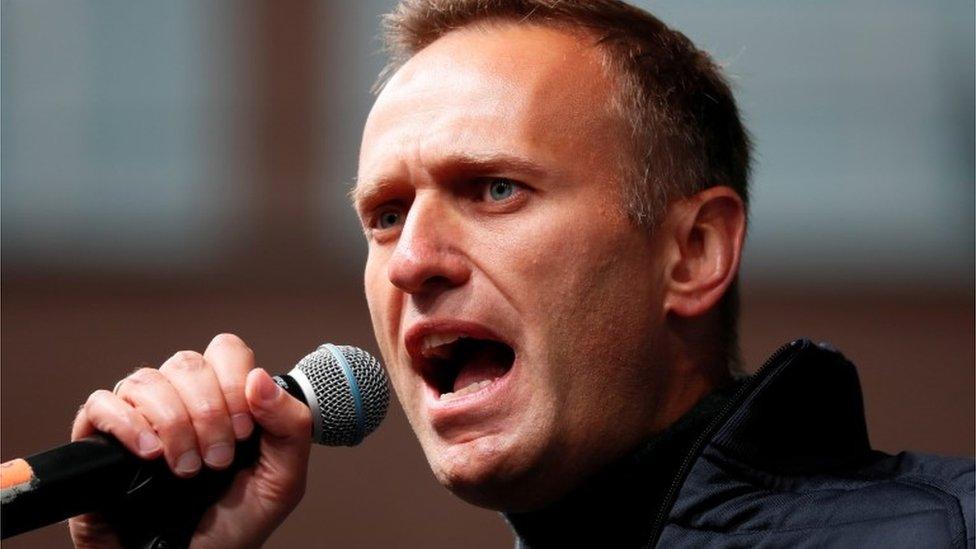
- Published26 August 2020
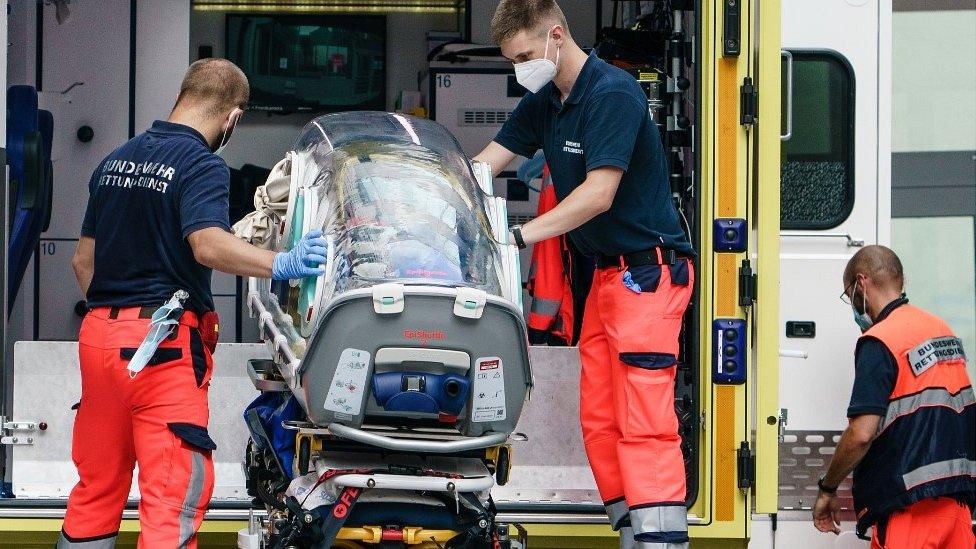
- Published10 July 2018
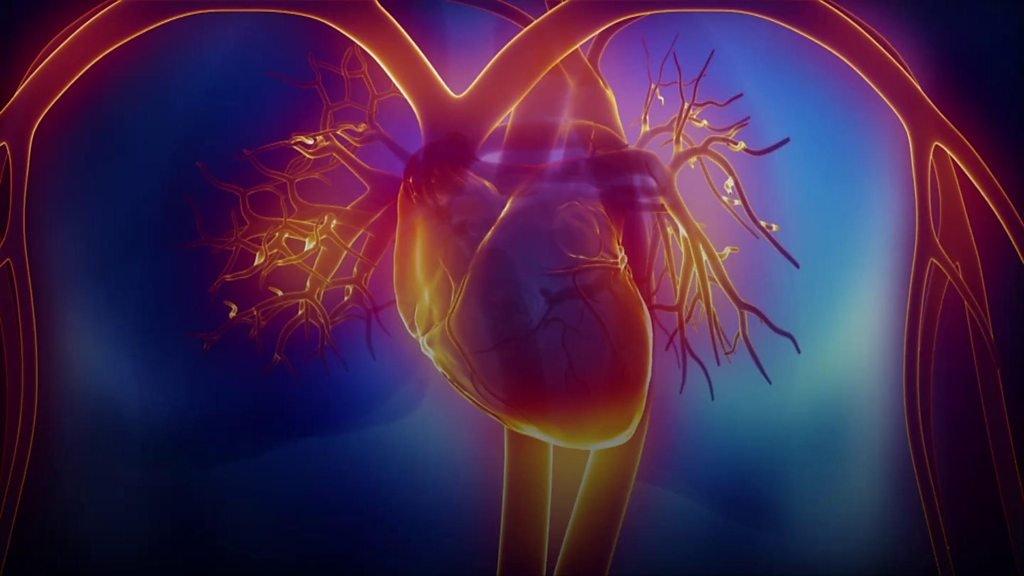
- Published6 September 2018
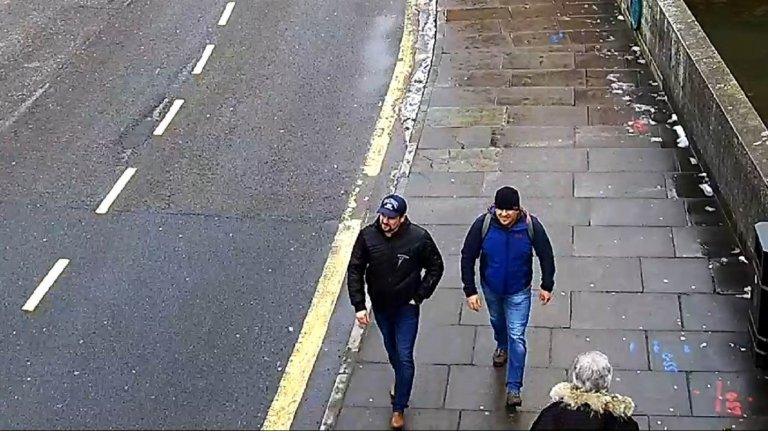
- Published19 April 2018
